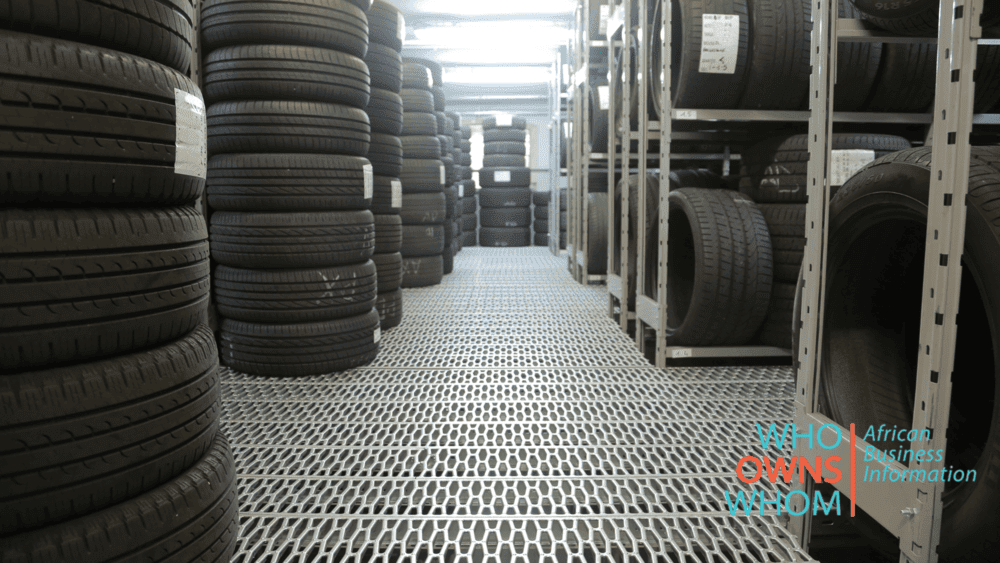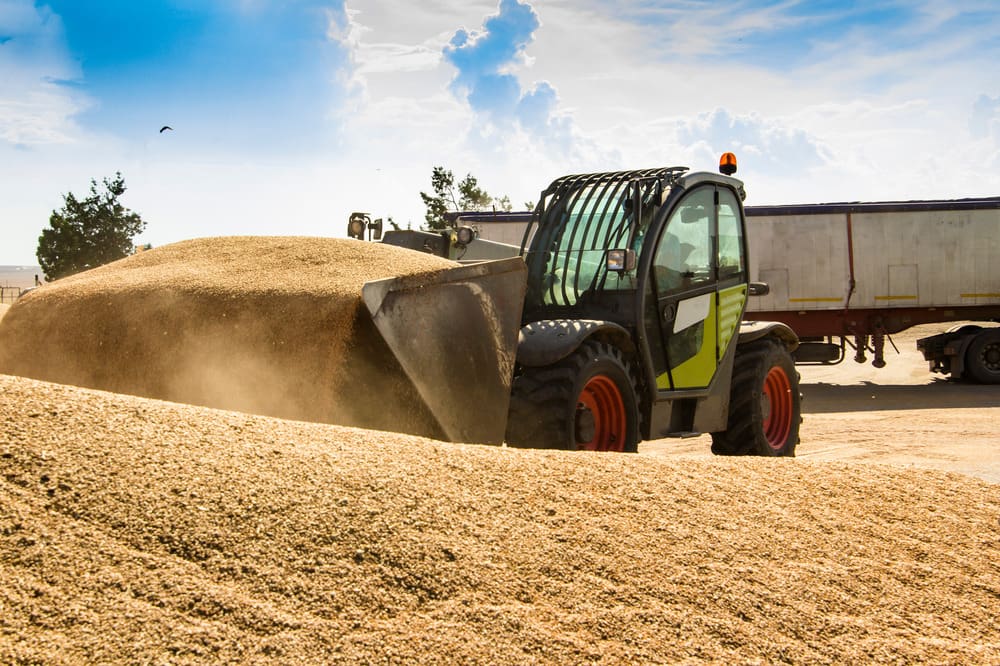South Africa’s Plastic Manufacturing Industry: Innovation, sustainability and investment opportunities
Plastic is a versatile, cost-effective, and useful product with a wide array of applications in almost every industry, from food to transportation, packaging, and manufacturing. Technological innovations and the addition of additives for specific uses have expanded its market reach. Innovation is redefining the plastic manufacturing industry in South Africa, which was once driven by low-cost production, and packaging demand and now primarily driven by sustainability.
The drivers of growth in the manufacture of plastics
Versatility and convenience have had marketing executives dreaming up new packaging, multiplying the use of plastics and, consequently, plastic waste.
At the same time, increased environmental awareness has been driving the direction of research and innovation in the plastics industry toward the development of bioplastics, with biodegradable plastics at the forefront.
Why the slow shift from traditional plastics to eco-friendly alternatives
It will, however, take some time for eco-friendly alternatives and substitutes to replace conventional plastics. Even with enough motivation and political will to implement sound policies, it will still take time for the full adoption of innovative methods given the need for cost competitiveness.
A major deterrent to the adoption of compostable packaging and recycled material is the high cost differential. Furthermore, some of the feedstock competes with food production. Plastics manufacturing operates on small margins, and smaller manufacturers in South Africa cannot pass the higher costs of more eco-friendly plastics to consumers due to competition.
Here are a few broad-brush indicators of the average comparative cost structure from 2020 to 2024 of newer bioplastics, biodegradable plastics (manufactured from conventional and bio sources) and substitutes tied to oil, or in Sasol’s case, coal and oil.
| Material Type | Typical Raw Material Cost (USD/kg) | Compared to Conventional Plastics | Notes |
| Conventional plastics (PE, PP, PET) | $1.00 – $1.50/kg | Mass-produced, oil based. | |
| Bioplastics (bio-PE, PLA, PBS) | $2.50 – $4.00/kg | ~2–3× higher | Corn/sugarcane feedstock, smaller scale. |
| Degradable (oxo-degradable PE) | $1.20 – $1.80/kg | +10–20% higher | Additives raise cost slightly. Not eco-friendly long term. |
| Biodegradable (PLA, PHA, PBAT) | $3.00 – $6.00/kg | ~3–5× higher | Depends heavily on polymer type and production scale. |
| Compostable blends | $3.50 – $7.00/kg | ~4–6× higher | Industrial composting infrastructure adds to cost. |
According to the 2025 Who Owns Whom report on the manufacture of plastics and plastics products in South Africa , Sasol and (to a much lesser degree) Safripol supplying jointly about 80% of demand for a wide range of petrochemical feedstocks from coal and natural gas, which are the essential building blocks for plastic production. Sasol supplies locally and to international markets.

The evolving role of plastics in South Africa
Currently there is no clear picture emerging as to when global overcapacity and supply will ease and rebalance with demand.This uncertainty is also clouded by growing environmental consciousness, particularly in relation to plastic pollution in the oceans and the demand for substitutes.
Ocean pollution, particularly from non-biodegradable plastics, is a huge problem:
- According to the Ellen MacArthur Foundation and UN Environment Programme estimated that 14 million metric tons of plastic enters the ocean each year;
- Without major changes, this could triple by 2040 to around 29Mt a year;
- The oceans now contain an estimated 75Mt to 200Mt of plastic waste in total; and
- More than 80% of marine litter is plastic.
The ocean dumping problem is manageable, as recycling could alleviate it and prevent further accumulation.
South Africa’s standing on plastic recycling
The Who Owns Whom report on the manufacture of plastics and plastics products in South Africa indicated that in 2023, collected recycled tonnage in South Africa reached 52.4% of recyclable and recycled plastic products available compared to between 8% and 10% in Kenya, and about 10% in Nigeria, with Egypt being at the forefront with South Africa at about 50% tonnage recycled. This confirms Plastics SA’s belief that South Africa “ranks amongst the best” in plastic recycling among its peers, with particularly impressive achievements in polyethylene film and contaminated post-consumer plastic recycling.
South Africa’s plastic manufacturing sector still faces headwinds from the high cost of electricity and monopolistic characteristics of the sector, as well as environmental urgency and the promotion of substitutes. However, innovation and resilience seem to be driving the shift to sustainable alternatives, albeit at a slow pace. With good policy support, this industry is poised to modernise waste collection, create small enterprises, achieve good ratings in sustainability and boost the value chain which sustains tens of thousands of jobs, supports over 1,800 SMEs, and contributes to manufacturing localisation and export competitiveness. In the words of Confucius: “It does not matter how slow you walk as long as you don’t stop.”
Contact us to access WOW's quality research on African industries and business
Contact UsRelated Articles
BlogCountries ManufacturingSouth Africa
Manufacture of basic chemicals in South Africa, a strategic pillar for industrial development
Contents [hide] Basic chemicals, or commodity chemicals, are fundamental building blocks used for making complex products. They are typically produced in large volumes, used as raw materials, and are generally...
BlogCountries ManufacturingSouth Africa
Is the Tyre Industry in South Africa running flat?
Contents [hide] Introduction The South African Tyre Manufacture Conference (SATMC), the official industry body and trade association of local tyre manufacturers, reports that the installed production capacity of tyres has...
BlogCountries ManufacturingSouth Africa
The Flour and Grain milling industry – from field to table
Contents [hide] The flour and grain mill products manufacturing industry is crucial to the South African economy and livelihoods. Staple foods like maize and wheat are essentially a commodity. They...





